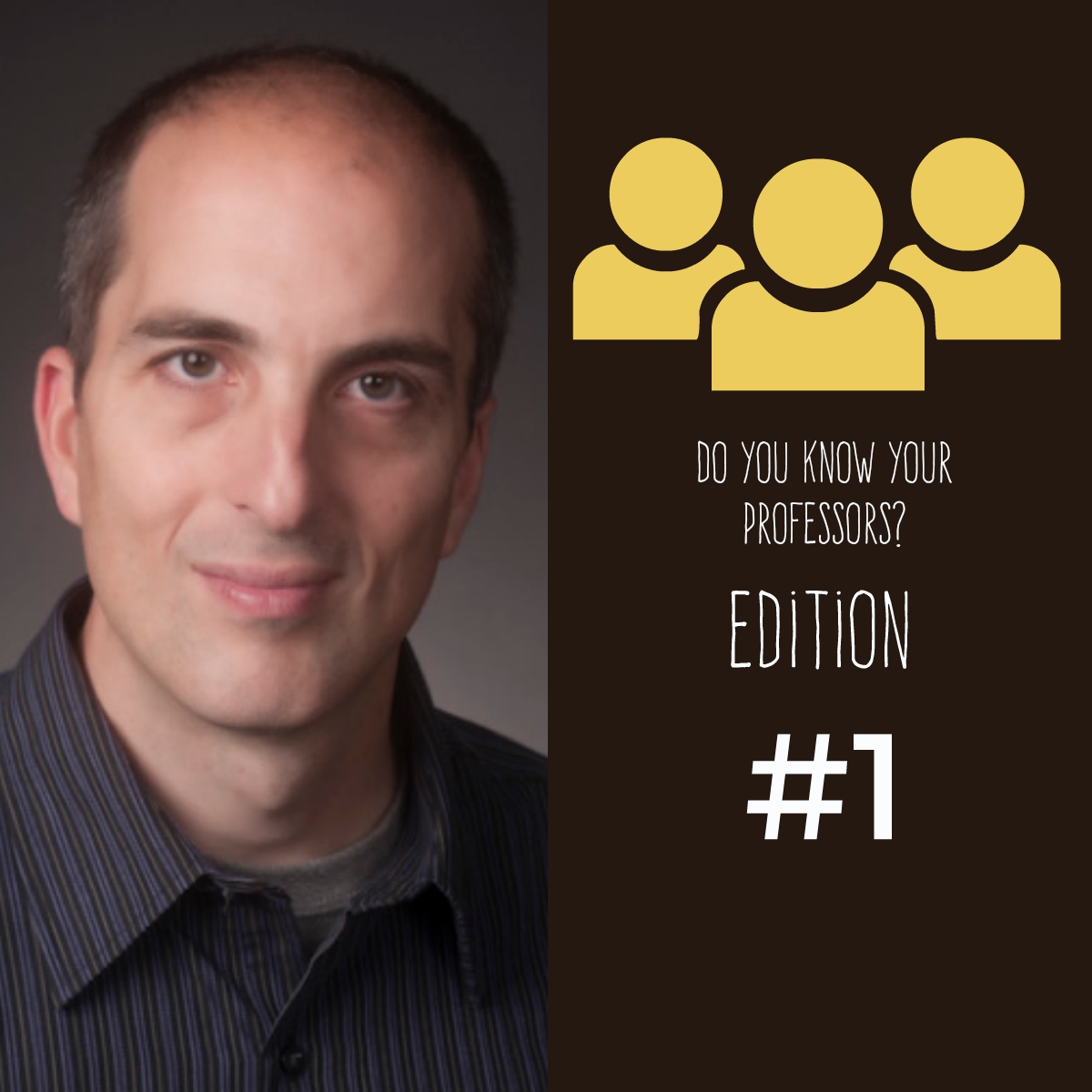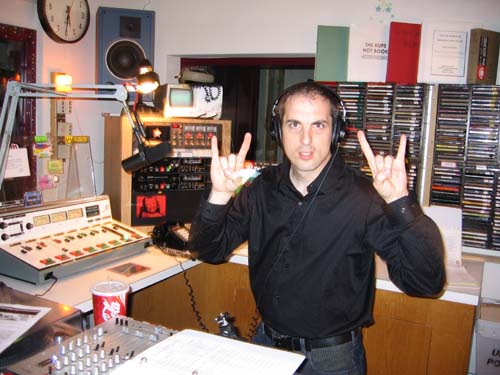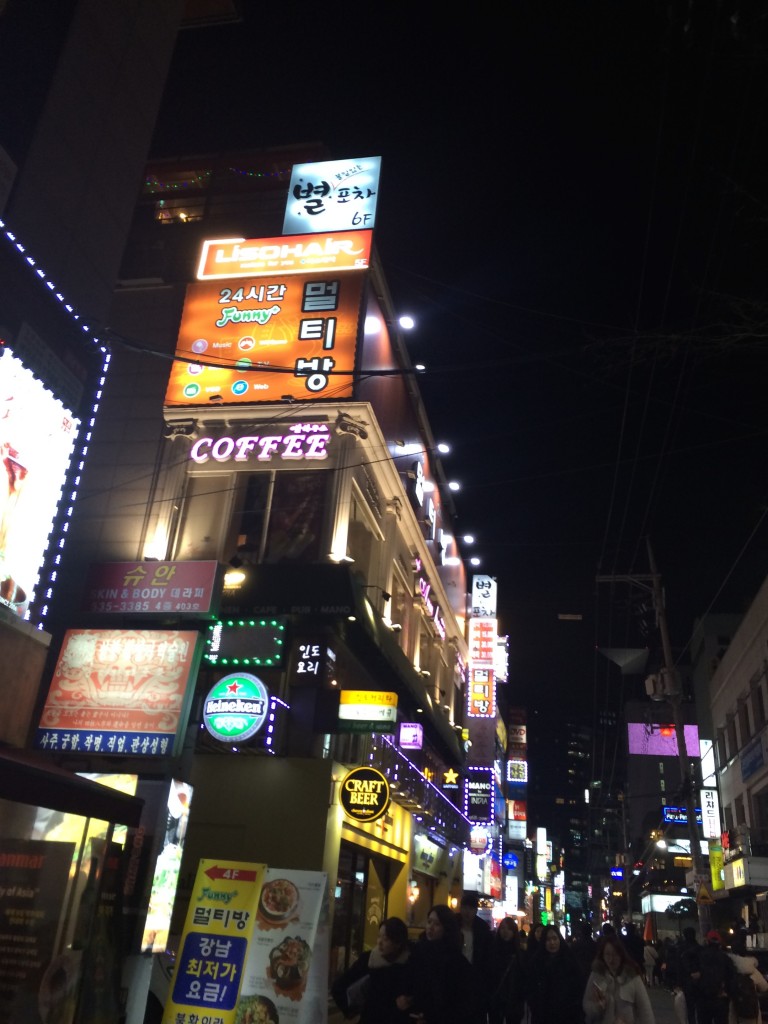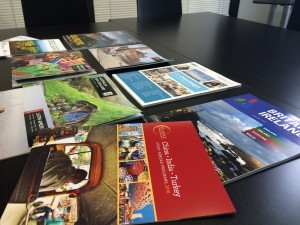Do you know your professors?
I mean – do you know your professors beyond their names, departments, classes, grading styles, etc.?
One of the most valuable aspects of liberal arts education, in my opinion, is the close connection you could establish with the professors.
Sure, they could seem intimidating with their crazy educational backgrounds and sophisticated word usage skills, but that shouldn’t stop you from getting to know them.
They are always there – willing to help, and get to know you.
In saying so, I’m presenting you with the first edition of the “Do You Know Your Professors?” Series: Interview with Professor Nick Kontogeorgopoulos, the Distinguished Professor of the International Political Economy (IPE) Department.
———————————————————————————————————————–
 So, to start off – Professor Konto, did you always want to be a professor since you were young?
So, to start off – Professor Konto, did you always want to be a professor since you were young?
Well, I knew I wanted to be a professor since my freshman year in college. Fun fact actually, I was originally going to study engineering at University of Toronto, because I was doing a lot of math and science in high school. But I got a four-year scholarship called the Morehead-Cain from North Carolina Chapel Hill, so I ended up going there from Toronto, Canada – where I was in High School. North Carolina Chapel Hill did not have engineering, so I started down another path – thought I’d do International Relations. I enjoyed it very much since First Year, so yea. I knew pretty early on – which was nice.
Wait, did you say you grew up in Canada?
Yes. I was born in Canada; I grew up in Vancouver until I was 6, then my family moved to Toronto. Oh, but my family is from Greece. My parents were immigrants from Greece, and they met in Canada, where I was born.
Wow; I did not know that! And your college experience – was North Carolina Chapel Hill different from/similar to UPS? How?
It was totally different, because North Carolina Chapel Hill is a huge research school with thousands and thousands of students. Classes are very large, especially in the first couple of years. So, it was a completely different experience. My first knowledge and exposure to liberal arts was when I got hired to come here.
Due to its nature of being a big university, would you say that the relationship dynamic between a student and a professor at North Carolina Chapel Hill was different compared to that of UPS?
Yes. It was more difficult to get to know the professor, but the professor to get to know you – it was definitely more difficult, and you had to be a lot more proactive. It was a lot easier to melt into the crowd and be anonymous, which is good and bad, but you had to really make sure you got good education. It was very up to you. You really had to make the choices to make the most out of it. Here at UPS, it is naturally set up in a way to ensure students get good education.
How would you define good teaching? What is your teaching philosophy?
When I think about good teaching, I think about the teachers that I enjoyed the most, and what those teachers had in common were high level of organization and genuine passion for the material, but also for teaching the material. So – professors who are excited about learning new things to teach, and being in the classroom in front of students. Professors who have good plan, and intensity… I think I responded to those the most – So I try to do that in my own teaching.
So, How long have you been teaching at UPS?
This is my 18th year.
Oh my gosh.
Yea, is it 18th? Yea. It is.
Has the school changed at all since you first came here?
I think this School has changed, and there are certain things that improved since I have came here, in terms of the reach of the school nationally – its profile – has improved since I got here.
You earlier said that you aspire to be a professor who is always excited about learning new things to teach; do you have current research interests?
The current research I’m doing is volunteer tourism, in which tourists travel and volunteer for short periods of time; and I’m interested in what motivates them, and what impact they have on the communities. In general, my research is related to alternative forms of tourism.
And Lastly, what piece of academic, or even life advice would you give to all of your students?
I would tell my students that it is never too early to think about what you want to do down the road. There are lots of options available to students, and it seems like a daunting task, but often students wait too long to think about what they want to do because they are afraid to make decisions. So, many end up very close to graduation without preparations or plans – it might seem early to think about your future, and of course, young people should keep their options open and explore their choices, but at some point, you should buckle down and make some decisions for career. Another – is to not put too much pressure on yourself to have something perfect when you graduate. People shouldn’t feel so pressured to get paralyzed by it.
~Fun Fact About Professor Konto~
Did you know that, for 10 YEARS, Professor Konto with Professor Jeff Matthews (from the Business department) hosted a KUPS show called “Back and Black” with seventies to nineties hard rock? YES – he is big on music.
His favorite band is Rush – the Canadian band, because he grew up with them in high school. He really enjoys classic rock from the seventies and New wave music from the eighties. He also likes some contemporary stuff from England – like the Artic Monkeys, and Brit pop from the nineties – like Oasis. Oh, and of course, disco as well – from the seventies.
*Thank you Professor Konto!*






